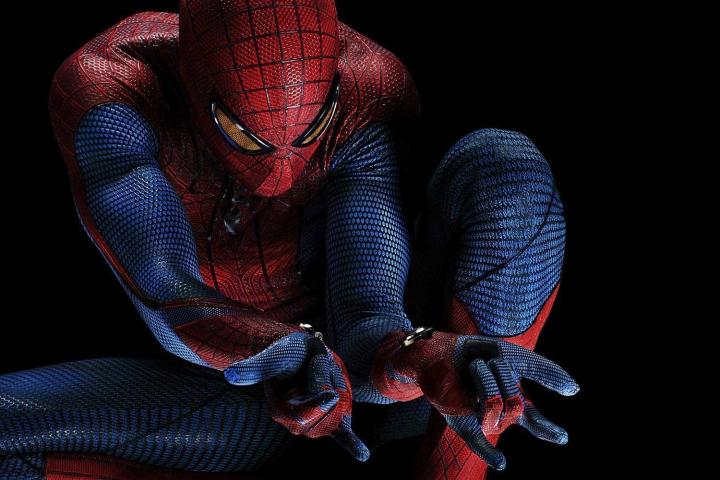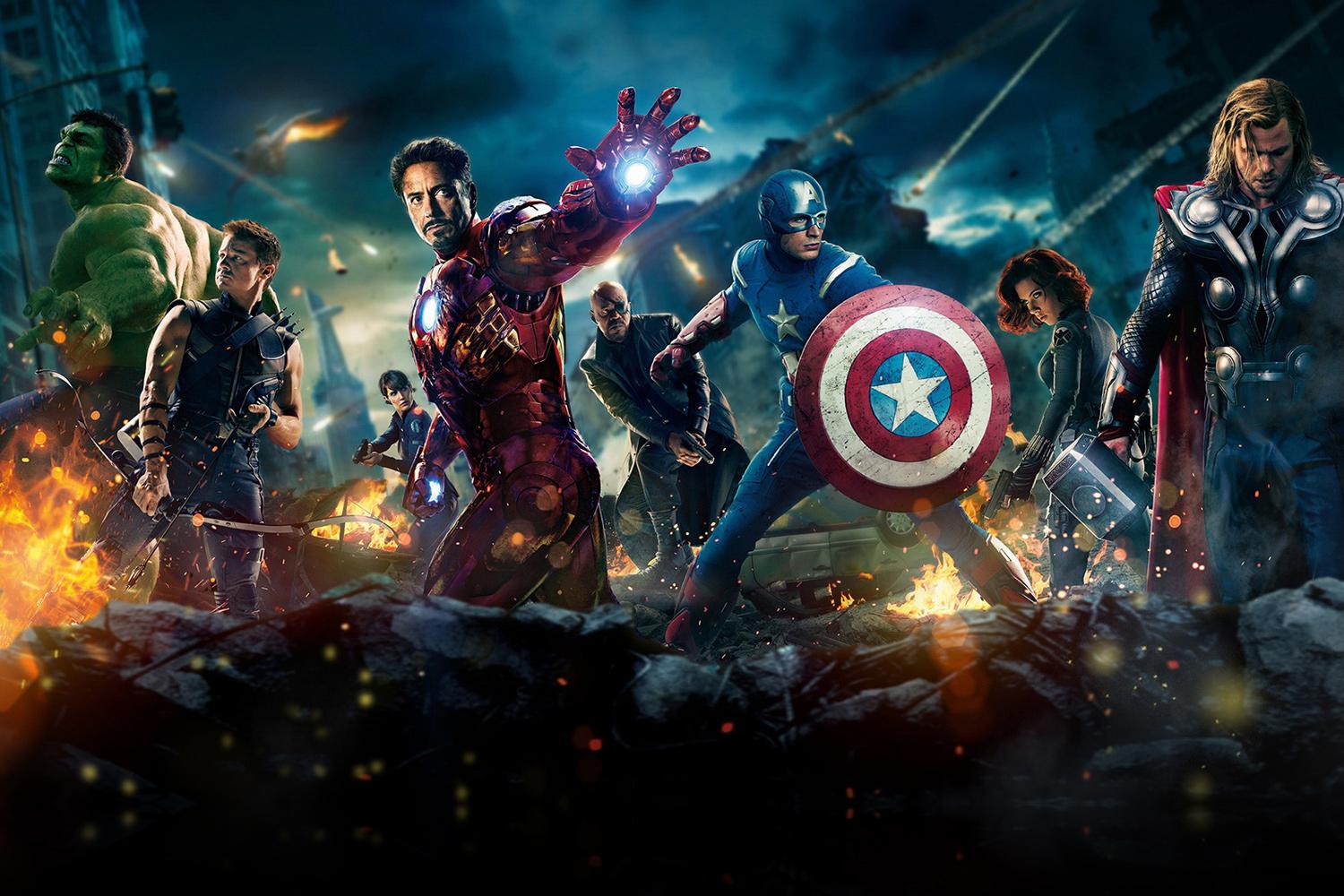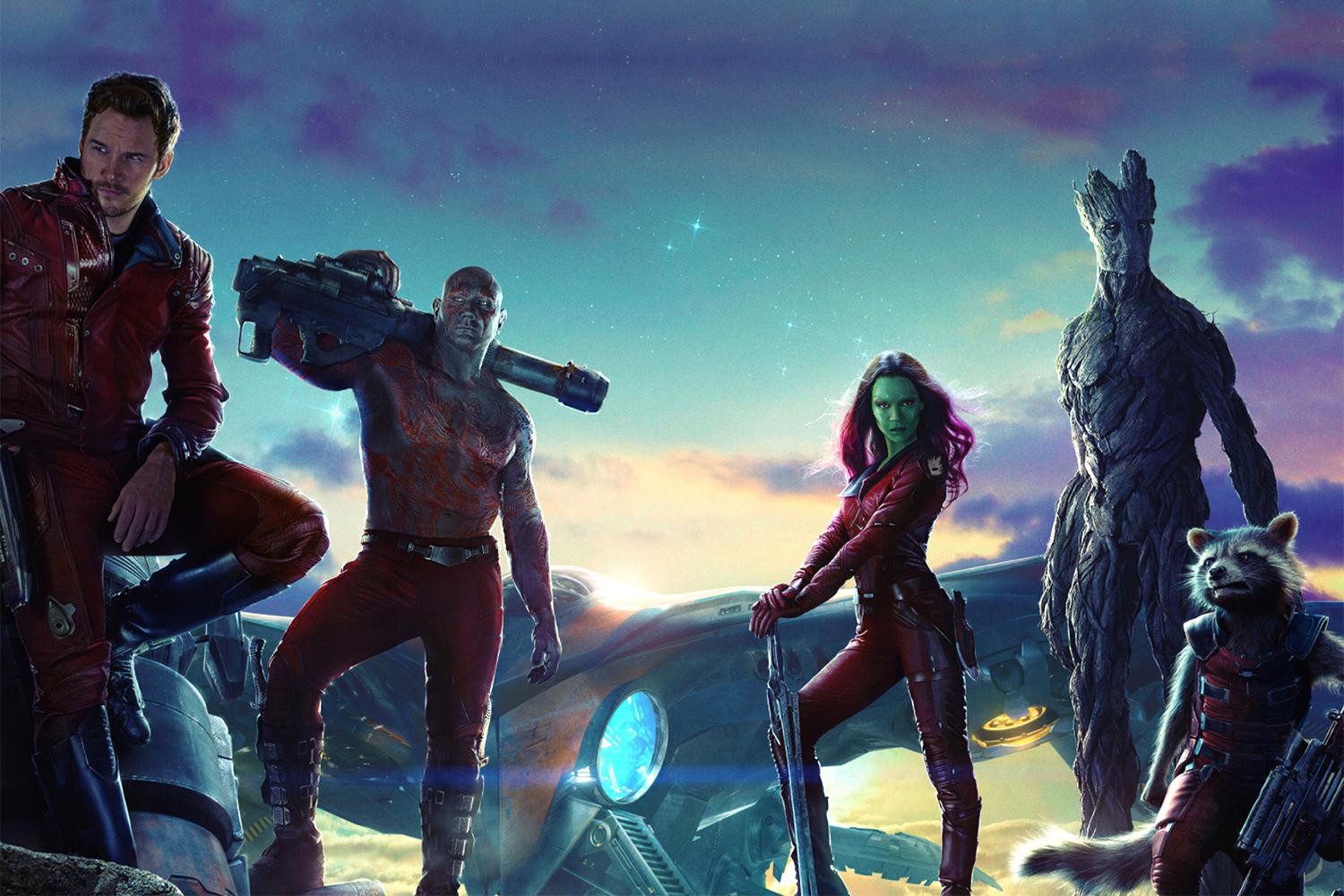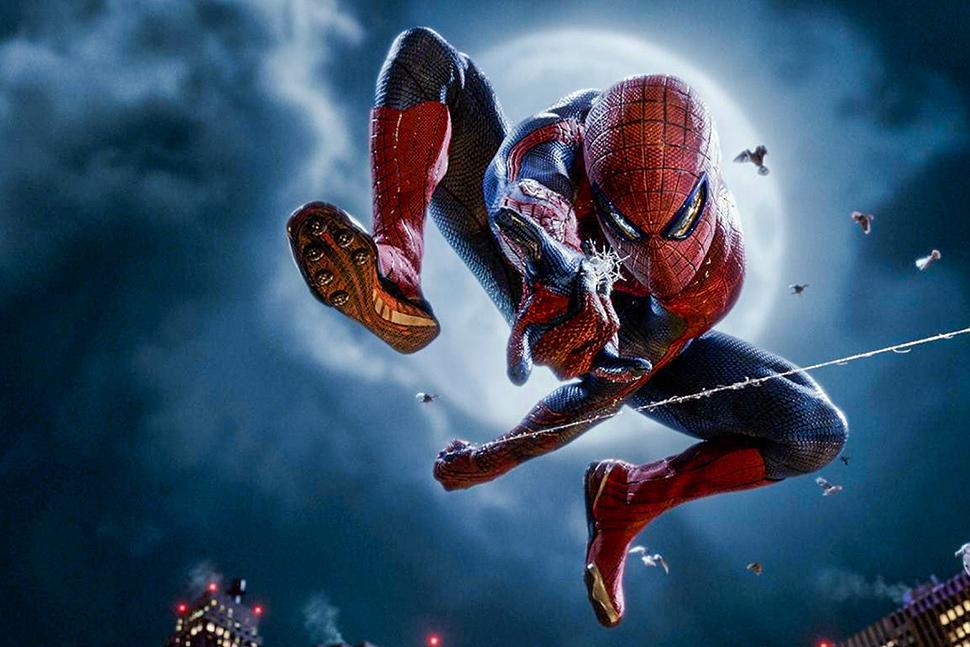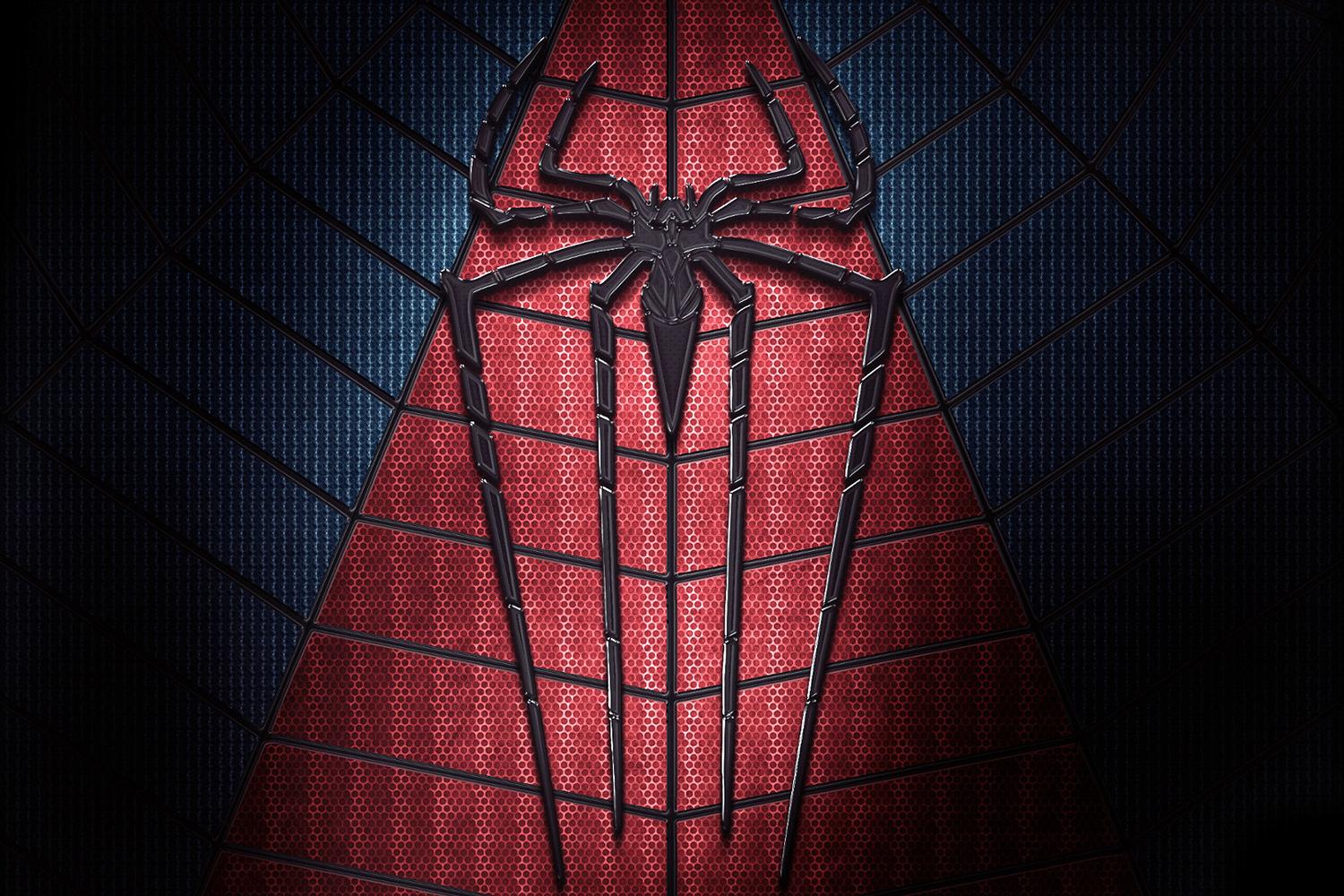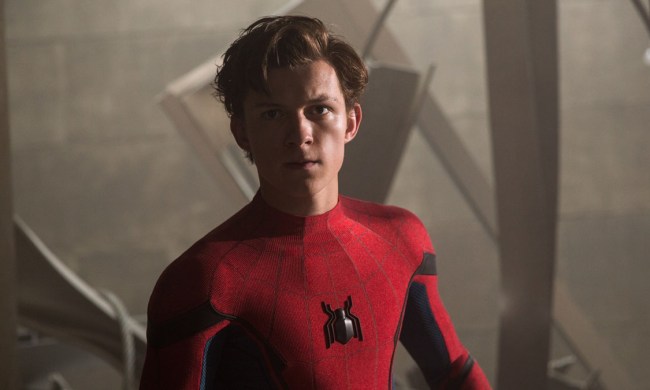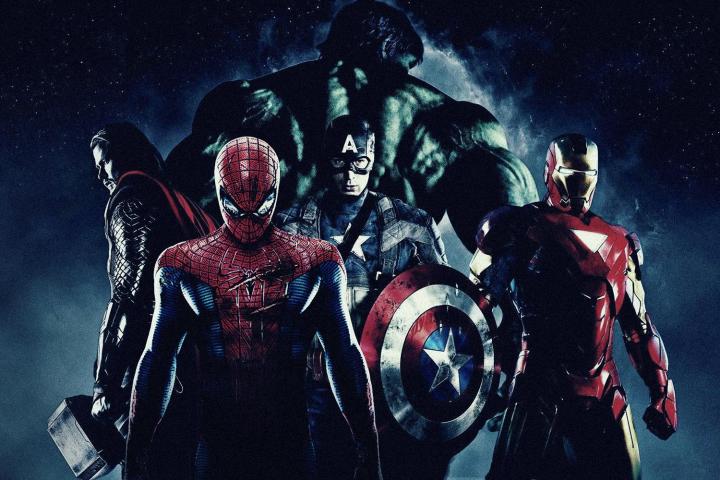
Let’s start with the scary news, shall we?
Another reboot, and no Andrew Garfield
While most people know Spider-Man’s origin story (great power, great responsibility, yadda yadda yadda), a new universe for the webslinger brings with it the need for new context – and very likely, a retelling of the character’s origin within the framework of the epic Marvel movie-verse. For example, a teenage Peter Parker who grows up in a world populated by super-powered heroes and villains would be noticeably different than a Peter Parker who’s never seen the Hulk smash or Thor fly through the air.
Garfield’s Peter Parker is widely regarded as the best part of The Amazing Spider-Man movies.
Not only will Spider-Man’s entrance into the Marvel Studios universe likely require the third retelling of his origin story in 15 years, but the terms of Sony’s deal with Marvel also demand that Peter Parker himself is recast with a new actor.
The two most recent Spider-Man films (The Amazing Spider-Man and The Amazing Spider-Man 2) had a fair share of detractors, but Garfield’s portrayal of Peter Parker was widely praised for his fresh take on the character – leaving whoever’s next cast in the role some big Spider-boots to fill.

Marvel may have a more difficult time re-casting Peter Parker this time around. For many fans, original Spider-Man actor Tobey Maguire’s legacy was tainted by the spontaneous dance numbers and gothic getup he donned in 2007’s franchise-killing Spider-Man 3. This time around, Garfield’s Peter Parker is widely regarded as the best part of The Amazing Spider-Man movies. It will be no easy task to replace him.
The Civil War movie could ruin Spider-Man again
There’s also the question of where Spider-Man will fit in Marvel’s cinematic universe.
Rumors suggest that Spider-Man will make a cameo in one of the upcoming Marvel movies, with a larger, more fleshed-out introduction in a subsequent film. Many expect the latter film to be Captain America: Civil War, due to Spider-Man’s key role in the Marvel Comics story arc of the same. If that is indeed the case, it should prompt more than a few warning signs for fans.
Marvel will need to profoundly improve upon everything we know about Spider-Man movies.
One of the key plot points in Marvel Comics’ “Civil War” storyline involves Spider-Man revealing his true identity to the world as a show of support for the “Superhuman Registration Act,” the legislation that puts Iron Man and Captain America at odds in the story. This plot point proved to be more of a game-changer than anyone expected (including Marvel Comics, some have argued). It eventually forced Marvel to reboot the character wholesale in the much-maligned “One More Day” storyline, in which Peter Parker made a deal with the devil to turn back the clock and go back to a time when his identity was secret, his loved ones were still alive, and every trace of his “Civil War” experiences were wiped from continuity.
Now, the big-screen version of Spider-Man might be poised to follow the same, ill-fated path, which would lead to a fourth reboot.
A bad movie could hurt Marvel’s brand
Spider-Man’s arrival has already pushed back several Marvel movies, but Spider-Man could also have a negative impact on the brand. The notion of anything slowing Marvel’s momentum seems impossible right now given the studio’s golden touch for bringing comic characters to the screen, but Spider-Man’s big-screen future represents a new challenge for the studio.
Over the years, Marvel brought Iron Man, Thor, Captain America, and especially The Guardians of the Galaxy to the big screen, but these characters had little (if any) prior presence in mainstream culture. There was no cinematic yardstick to measure them against.
With Spider-Man, there’s an established history that pre-dates Marvel’s involvement and is recent enough to be fresh in audiences’ collective memory. This means that Marvel will need to profoundly improve upon everything we know about Spider-Man movies if the studio wants to retain the mojo it’s earned over the course of 10 films (so far). Anything that falls short of making fans forget about the last five films is a big knock against Marvel.
Why it could still work out
If Marvel has taught us one lesson time and time again, it’s that the studio likes a challenge. Whether it’s creating unlikely stars out of B-list, C-list, or even D-list characters (like Rocket Raccoon) or making unexpected-but-inspired pairings of filmmakers and projects, Marvel Studios has a knack for doing the right things planning where their characters will be several years down the road. The studio has earned the right for us to expect great things out of every movie it makes.
Bringing Spider-Man into the Marvel movie-verse also gives it a young hero. The heroes that make up the Avengers are all adults (or god-like aliens) that act and interact with each other the way adults do. A teenage hero like Spider-Man could offer a distinctly different perspective on everything happening in Marvel’s movie-verse, as could the scale of the series. Having a superhero stop a villain from turning Manhattan into a reptile habitat, for example, is the sort of thing we haven’t seen much of in the Marvel movie-verse so far, and it could be a welcome change.
The only thing we know about Spider-Man’s imminent arrival in the Marvel universe is that the new Peter Parker will have his work cut out for him – both the superhero and the actor who plays him. And as fans, we can only hope he – and the studios – are up to the challenge.


